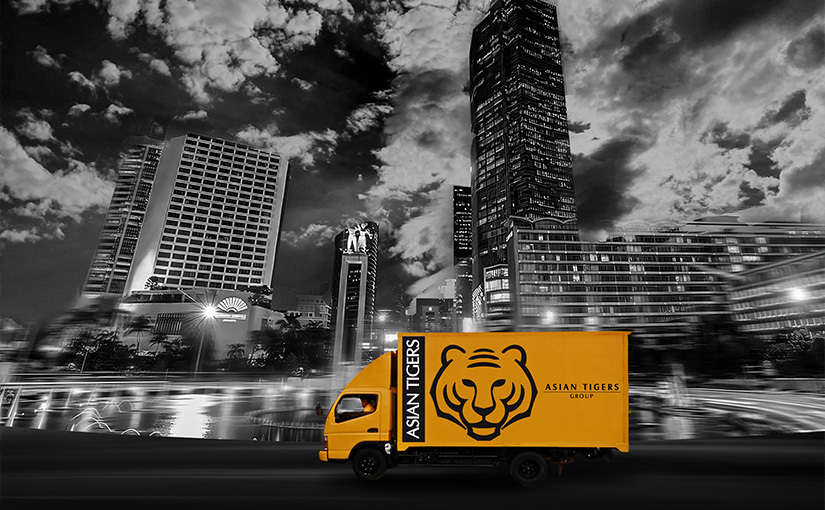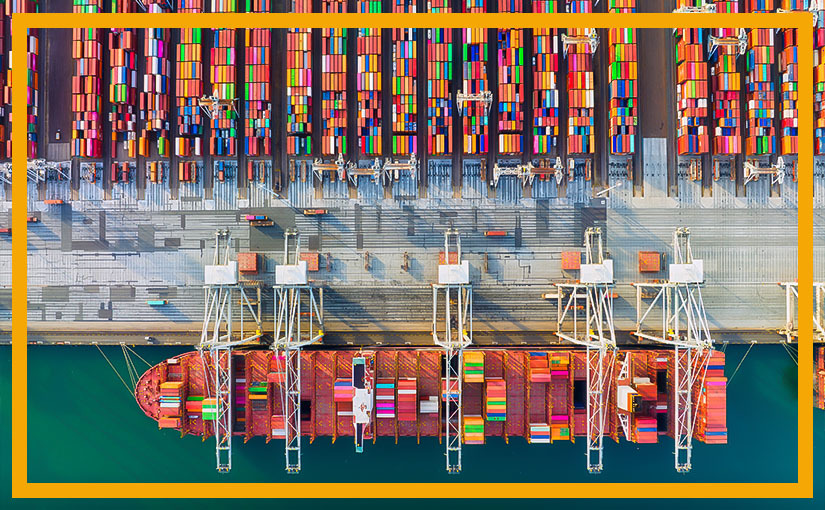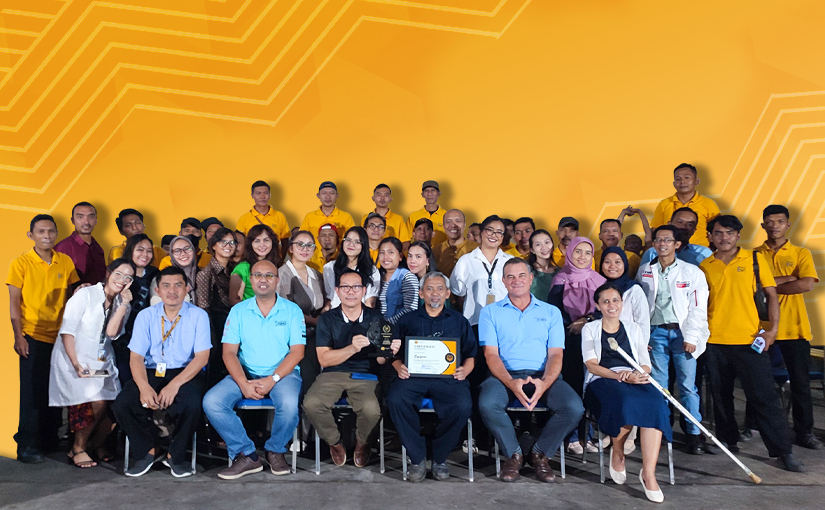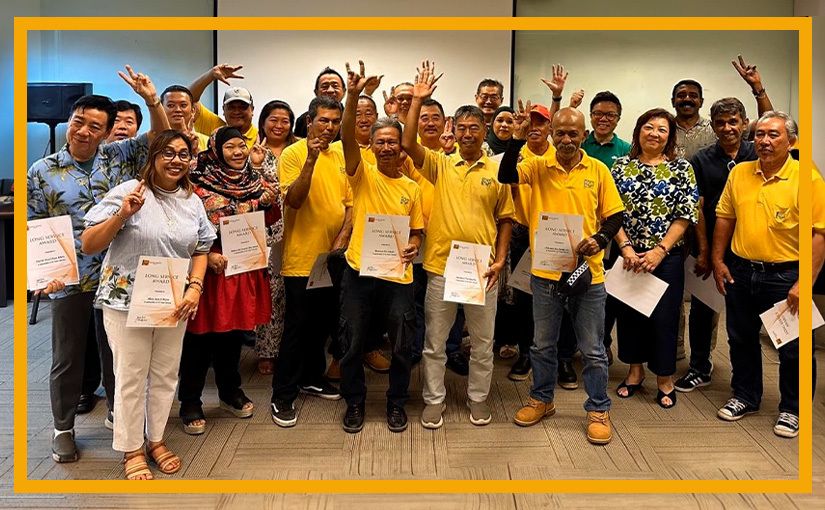Navigating Relocation in Indonesia: Challenges of Moving Within a Vast Archipelago
- Asian Tiger Indonesia
-
Home » News » Industry News » Navigating Relocation in Indonesia: Challenges of Moving Within a Vast Archipelago


Moving within Indonesia, an archipelago with more than 17,000 islands, has its own unique and complicated challenges. Whether it is household goods, businesses, or whatever, the task requires navigating diverse terrains, logistical constraints, and intricate regulations. Understanding these challenges is key to a seamless transition across the archipelago. This article explores some of the key hurdles of relocation within Indonesia and some practical solutions to overcome them.
1. Port Limitations and Constraints
Ports are the main gateways for inter-island transportation, but not all Indonesian ports are the same. The differences in infrastructure, schedules, and fees make a big difference in the relocation process.
- Port Size and Accessibility: Major ports, such as Tanjung Priok in Jakarta or Belawan in Medan, can accommodate big container ships, allowing the shipment of goods efficiently. However, small ports in remote areas are incapable of handling big ships due to a lack of facilities. It is necessary to transfer the cargo to smaller ships, increasing the difficulty and cost of relocation.
- Inconsistent Schedules: The frequency of shipping schedules across islands is very inconsistent. Shipping services are irregular for some islands, and the vessels operate only on particular days or weeks. Weather conditions and/or insufficient cargo further delay, adding days or even weeks to the relocation timeline. This requires good planning and flexibility in scheduling.
- Additional Port Costs: Relocation often involves unexpected costs, such as waiting time charges, docking fees, and port storage costs. These can add up rather quickly and may greatly affect the total budget.
Solution: Partner with a relocation service that has established connections with local ports. Experienced providers can navigate port-specific requirements and manage schedules efficiently to reduce the likelihood of delays and extra costs.
2. Road Infrastructure: Navigating Diverse Terrain
Indonesia’s road infrastructure greatly differs from region to region. Some islands have a lot of well-developed highways, while others have narrow and curving roads that are really difficult to use.
- Narrow Roads and Safety Concerns: Roads in remote areas meander through jungles, villages (kampungs), and rugged terrain. Large trucks may not be able to make their way through these narrow paths, necessitating smaller vehicles and multiple trips to complete the relocation.
- Road Safety: The less developed the area, the worse the road conditions may be, including potholes, unpaved areas, and landslides. Carrying fragile items over uneven terrain involves additional hassle and risk.
Solution: The destination’s road conditions should be thoroughly assessed beforehand to determine the type of vehicle required. Local relocation companies offer tailored solutions, like using smaller, specialized vehicles for routes that are difficult to navigate.
3. Labor and Operational Costs
Moving across the Indonesian archipelago is much more than the moving of items. This is a logistical effort of moving labor teams, materials, and vehicles, adding huge operational costs.
- Movement of Labor: Many times, packing and moving crews have to travel between islands, which requires flights or long rides on ferries. These travel costs can rise very quickly.
- Packing Materials and Local Permits: Packing materials are often shipped, well in advance, to remote destinations so that there is an adequate supply of the correct type of packaging. In addition, local government authorities sometimes demand permits, or levying fees on large truck entry, adding costs.
- Labor Team Accommodation: Relocation teams may have overnight stays out in the field, providing for them to purchase local accommodation and day-to-day needs. Small hidden expenses may add up, especially on long-distance or several-day events.
Solution: Choosing a full-service moving company can simplify operations and save money. Most full-service moving companies have developed networks and resources that help them handle labor logistics with ease.
4. Regulations and Bureaucratic Challenges
Indonesia has many regions, each with its own regulations and bureaucratic requirements. Relocation requires one to address these issues.
- Permits for Larger Vehicles: Certain areas have special permits for large trucks, which can take the time and patience of navigating through a good amount of local bureaucracy. Without such permits, a truck risks fines, delays, or forced off-loading of cargo.
- Cargo-Specific Rules: Depending on the nature of goods moved, there are sometimes added permits or even inspections that must be arranged. These can vary quite extensively, based on what exactly is to be relocated.
Solution: Relocation specialists who understand the local regulations can help in simplifying the process of permitting while ensuring compliance and thus avoiding fines or delays that might not be warranted.
5. Air vs. Sea: When Shipping Isn’t an Option
While sea transport is by far the most common method for inter-island relocation, it isn’t always feasible-particularly on islands lacking commercial ports.
- Availability of Air Transport: Smaller islands have to depend on air cargo services to deliver goods. However, air transportation is much more restrictive in terms of volume and weight compared to sea transport, and the flights can be infrequent.
- Cost Balancing: Air transportation is much costlier than sea freight. For urgent moves, much caution should be taken to stay within a budget.
Solution: A strategic combination of sea and air transport can strike a balance between cost and time. For this, experienced relocation providers create customized solutions to suit particular moving requirements.
6. Managing Delays and Extra Port Charges
Delays are a reality that occurs even with the best-laid plans for inter-island relocation. Weather conditions, the availability of cargo space, and holiday schedules are some factors that interfere with shipping timelines.
- Weather-Related Delays: Indonesia’s tropical climate is quite unpredictable, and sudden heavy rains and storms can be expected, which may delay shipment schedules.
- Extra Port Charges: Any unforeseen waiting time or port storage involves additional charges, adding to the cost of relocation.
Solution: Buffer time should be included in the relocation schedule to allow for delays. A relocation company that provides real-time tracking and proactive communication will minimize disruptions and keep the customer updated on any changes.
Conclusion: A Balancing Act
Moving within Indonesia’s vast archipelago requires a well-planned approach, local knowledge, and flexibility. The peculiarities of inter-island movement, from the conditions at the ports to the state of the roads and regulatory issues, require an integrated approach.
Key considerations include:
- Selection of Appropriate Vehicles: large or small trucks, depending on the condition of the roads and the requirements at the destination;
- Leveraging Local Expertise: Partnering with experienced relocation services to navigate port schedules, permits, and logistical complexities.
- Budgeting for All Hidden Costs: The addition to the labor transport, permits, and accommodation costs.
Properly understanding Indonesia’s diverse geography and infrastructure would ensure a smooth relocation, especially for moves to very remote or less-developed regions. Companies like Asian Tigers Indonesia, with local expertise and substantial resources, can provide real value at this juncture as disruptions will be at a minimum, while the transition is efficiently made.
By addressing these challenges proactively and cooperating with reliable relocation experts, both individuals and businesses can turn the complexities of relocation within Indonesia into a manageable, if not rewarding, experience.









